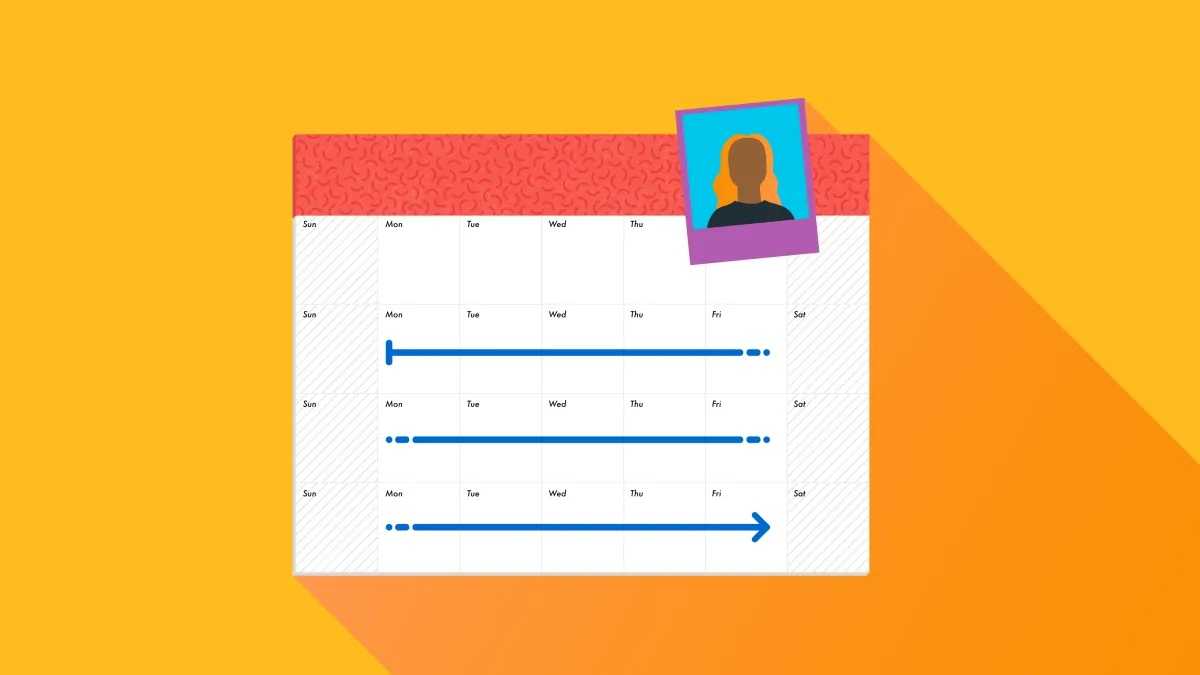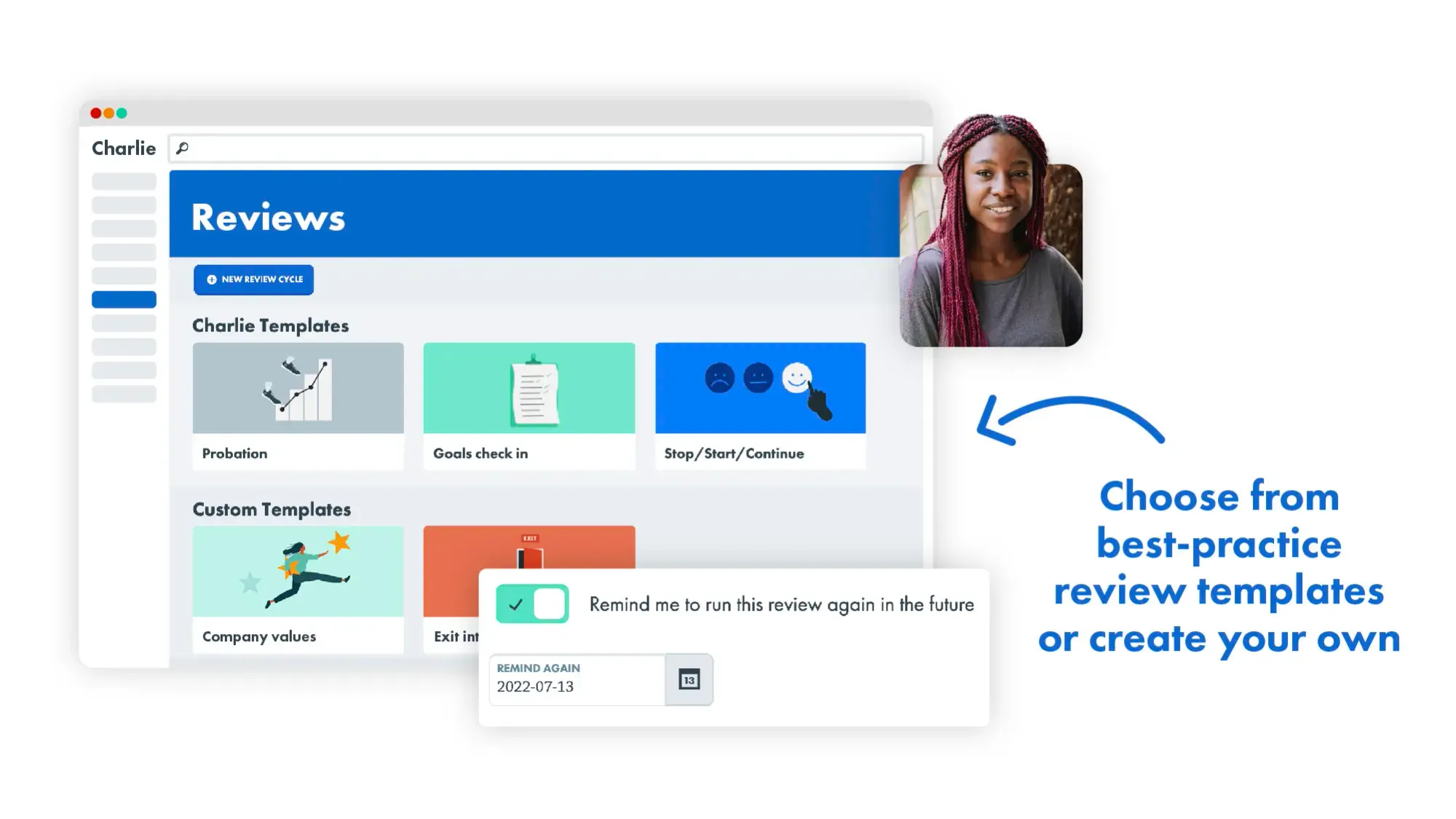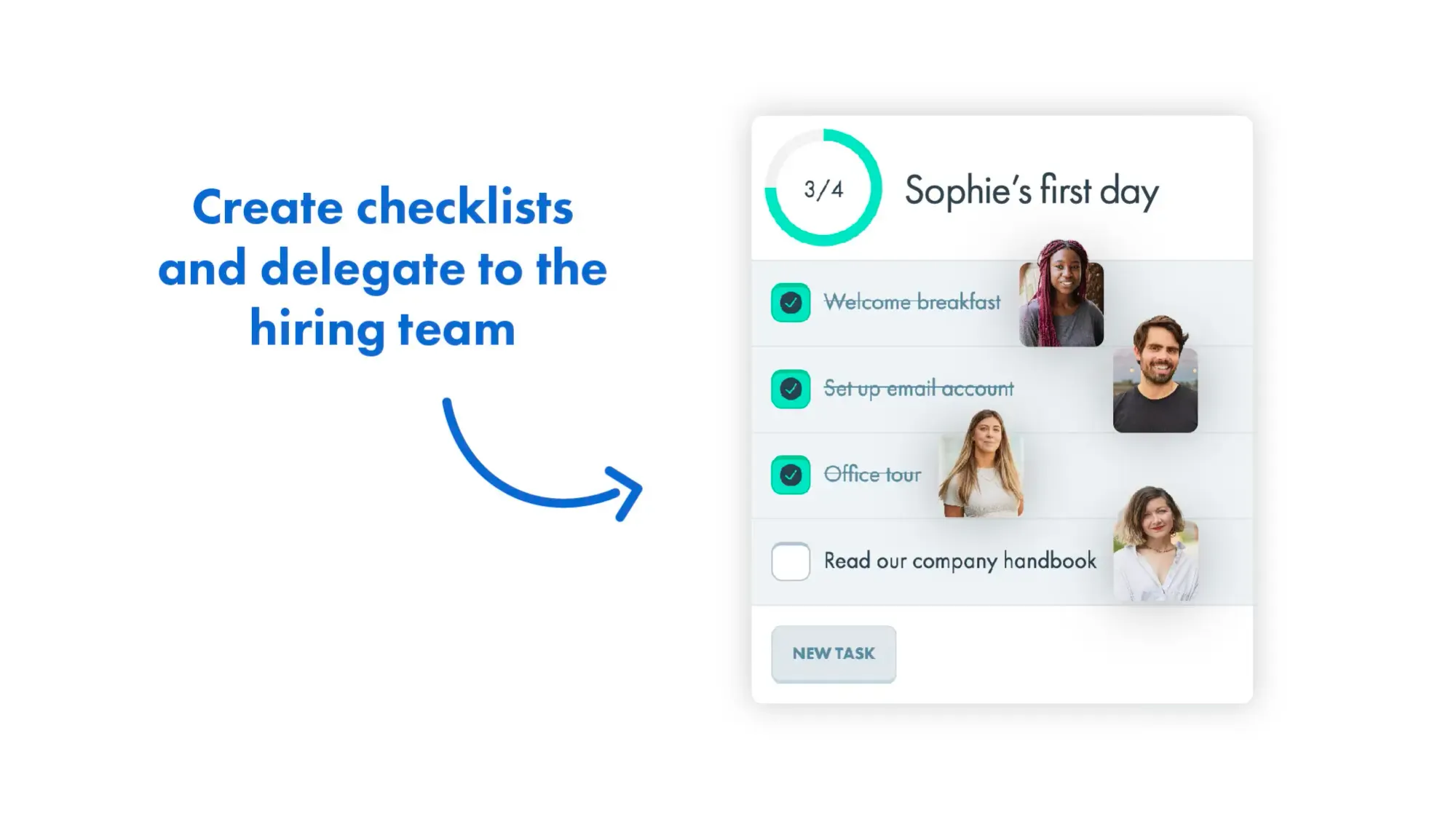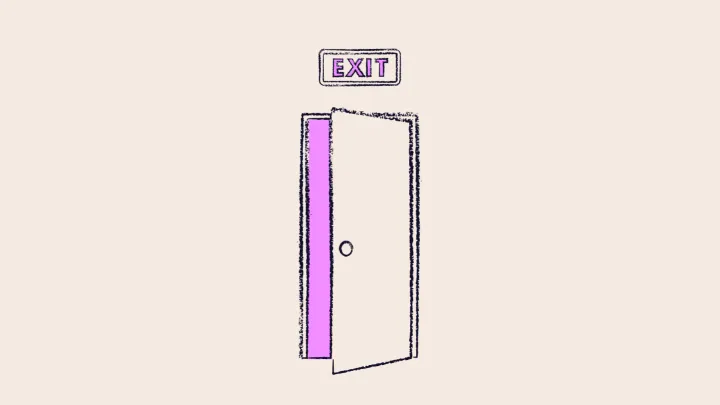Probation Periods – UK Law and small business insights

When used correctly, probation periods are an essential part of a small business's hiring process – at Charlie, we see them as an extended job interview, giving you a valuable period of time to make absolutely sure that a new recruit is the best person for your company.
In this guide, we'll share the way we do probation at Charlie whilst following procedures to be in line with UK employment law.
What is a probation period?
A probation period (or probationary period) is the stretch of time immediately following a member of staff's first day in their new role.
As Chief of Staff, I've done my share fair of recruitment in a small business like Charlie and I find it helpful to see probation periods as a chance for new hires to prove what you've discussed in the job interview.
How long does a probation period have to be?
Probationary periods will last for different lengths of time depending on the company, but in general, they usually last for 1-6 months.
There is no law defining just how long or short a probation period can be. However, there is an expectation that the employer is reasonable. They aren't supposed to be in place permanently just to make hiring and firing easier for a company – there must be a reasonable endpoint and if an employee's probation is going to be extended, it needs to be for a good reason.
At Charlie, we decided to settle on a three-month probation period. We thought a month probation period was too short to get a good idea of whether a team member is performing or not, but we found that more than that could be a little unfair on the new employee: they won't feel secure in their role or particularly trusted.
Find out more about HR compliance with our curated HR compliance checklist.
Why are probation periods important for your small business?
One question people don't ask very often is why probation periods are important for small businesses because they often follow what's expected from an HR perspective without really digging into the why.
After all, small businesses and startups often need people who can hit the ground running, so having really long probation periods may not be beneficial. Why not keep it for one month?
As I said, we didn't think it benefited us, and to me here are the mainfulfil reasons why you should consider probation periods important and that goes way beyond UK law:
- they help guarantee you made the right hiring decision by testing your new hire's skills and abilities
- they give you a good sense as to whether the new starter will fit into the team
- they allow to help them settle without having to deep dive into day-to-day work
- they guarantee retention in the long run if probation periods have been run fairly and with as much preparation as possible
- they make room for adjustment and if the company is not the right fit for the new hire, it means there's no time wasted and you can easily part ways
What happens if my new hire does not make the cut after probation?
It's always unfortunate to have to decide that a new hire is not up to the expectations you have, however, it's good to catch it on time so there's no more damage.
From this point on, you have two solutions:
- Extend their probation period to see if they can rise and fulfil the objectives you gave to them
- Terminate their probation period and look for another candidate to fill that role
At Charlie, we try our best not to terminate probation period, however, sometimes it's more than obvious that someone is not going to make it. We also carefully think about whether it's worth extending a probation period or not. Think about it: would it be fair to carry on for the employee or the employer when everyone knows this won't work out?
Before making a decision, ensure you have all the facts in your hands, and the right feedback and don't base it off bias and impression. More on how to do this below.
3 steps to using probation periods legally and to your best advantage
1. Provide clear expectations
First things first – any probationary period you want to use needs to be set out in the new starter's employment contract. It's really important that all your new recruits understand the details of their probation period before they sign up to it.
If you want to let a new starter go from your business but there's no probation period set out in their employment contract, you don't really have a leg to stand on.
What's more, the new starter needs to know what is expected from them in order to pass their probationary period. We're moving away from legal requirements here, but this is still best practice (at least according to use)– how can you expect someone to succeed in their new job if they don't even know what success looks like?
At Charlie, we work with the new recruit's line manager to set out in writing what they need to achieve during their probation period. What do they need to deliver? What would poor performance look like in their role?
When it comes to the end of the probationary period and you meet up for the employee's review meeting, having these things set out in writing is going to make your life much, much easier.
To help you do that, we've also built a little notion page that we use ourselves and that complies with the following:
- Milestones the new hire needs to hit
- Targets
- Final KPIs
You can have a look at it right here on Notion.
2. Give frequent and constructive feedback
There's no use writing out and defining what the new member of staff needs to achieve unless you keep the new starter up to date on how they are performing.
At Charlie, we schedule regular review meetings throughout the probation period:
- First day check-in
- End of the week check-in
- Mid-probation check-in
- Weekly check-ins for three months
- End of probation review
This encourages a process of continuous feedback that gives our new hires the best chance of succeeding in their new role.

We find it, however, important to keep these meetings positive and constructive. We don't want to spend too much time criticising a new employee's performance to make the meetings daunting and demoralising. Instead, we frame these review as positive opportunities for self-improvement to ensure that the probation period is nothing more than a formality.
Below, you'll find a template we use for our mid-probation check in that you can use yourself:
Reviewee Instructions: The purpose of this check-in is to have a few preparations questions to answer and share before you meet. Your manager will also do the same, and then book some time to review these together.
- What are you proudest of during your first month(s) here?
- What areas of your role do you feel you could improve?
- Do you feel you have a clear understanding of the expectations of your role?
- Have you made appropriate progress against your induction and training plan?
- Is there any additional training or support you feel you need right now?
Reviewer Instructions: A mid-probation check-in is designed to ensure your new hire is performing in line with expectations, has the appropriate support they need and is on track to pass their probation, or provide early feedback if they are not meeting the expected standard.
- What areas of the role are they exceeding expectations ?
- What areas should they focus on for the remainder of their probation?
- What feedback can you share to support them?
- What additional support can you offer during their probation period, if needed?
3. Deciding what happens at the end of probation
a) 'Pass' the probation period
If you and your team are happy with the new starter and want to keep them on as a permanent member of staff, then all you need to do is inform the employee that they've passed their probationary period.
After that, the full contractual terms of their contract will take effect (full-length notice periods, pension schemes etc).
b) Extend the probation period
If you are still unsure about the new starter, then there is no harm in extending a probation period by another couple of weeks or a month. This is an important decision and not one you want to make without feeling confident that you've got it right.
Just make sure you are clear with the new starter about your reasons for extending the probation period. Having your probation period extended can be a really unsettling experience – it's natural for them to feel uncomfortable and frustrated. If you're going to make this extension a success, you have to provide clear feedback about why you didn't feel able to pass them so they are fully equipped to change your mind in the coming weeks.
c) 'Fail' the probation period
The final option available to you is to fail the new starter. This results in the termination of their employment contract – they'll leave the business as soon as their notice period is up.
If you decide to fail the new employee, then it's a good idea to let them know in a formal probation review.
It's important to bear in mind here that your reasons for failing somebody on a probation period need to be good ones. That is, reasons related to the employee's performance that meant they weren't the right person for the role.
In the UK, the Equality Act of 2010 is in effect even during a probationary period – if any of your reasons for failing the employee are found to be discriminatory, then your decision to dismiss them could be ruled as wrongful dismissal by an employment tribunal (make sure you get an employer's liability insurance to cover for such issues, among others).
However, and to avoid any HR compliance issues like this one, continuous feedback is key. We've also made sure we have a checklist in place for every new hire so we don't forget any aspect of offboarding either:
- If the decision is made to end a new joiner's probation period, the line manager will book a 1:1 in with them as soon as the decision is made. The conversation will usually be just between them.
- If the new joiner will be in the office that day, we try and book the meeting in as late in the day as possible so they can head home after the conversation. If the new joiner will be working remotely that day we book the meeting in as early in the day as possible, to give them time to wrap things up that same day.
- We pay the new joiner for one week notice period, but we don't require them to work for us throughout this week.
- It's good to have a script in place for what your line manager should say and what the meeting should include in terms of information to give guidance
- The 1:1 should be followed up with an email re-capping what was discussed and providing a list of hand-over/off-boarding activities for the new joiner to undertake.
- It's important to collect equipment from the new joiner, offboard them from any general tools, and conduct an exit interview if appropriate.
- Finally, make sure you communicate the termination to other team members as soon as it's effective.

FAQs for probation periods
Should you add probation periods in your employments contracts?
Again, this is not a mandatory clause to add in your employment contracts, but it's better to think about doing it. If you do, you'll have to include some information such as:
- lenght of the probation period
- notice period during the probation period
- the potential extension of the probation period
For more details, simply download one of our employment contract template.
What are the new hire's rights during their probation period?
During their probation period, new hires are legally to many of the same statutory employment rights:
- holiday pay
- minimum wage
- payslip
Only benefits such as working from home budget, health insurance or any extras offered by the company can be conditional to the new hire passing probation.
How many weeks notice do you need to give someone in their probation period?
UK employment law stipulates that if you want to end a new starter's contract of employment during their notice period, you must give them at least one week's notice.
Once they've passed their probation period, the amount of notice will increase in line with what you've set out in their contractual terms.
If it's the employee that wants to leave during their probationary period, they must also give at least the statutory one week's notice before they do so. However, the employer is able to define a longer notice period in the employment contract if they wish.

If you want to find out more about HR compliance, maybe check out our guides:


